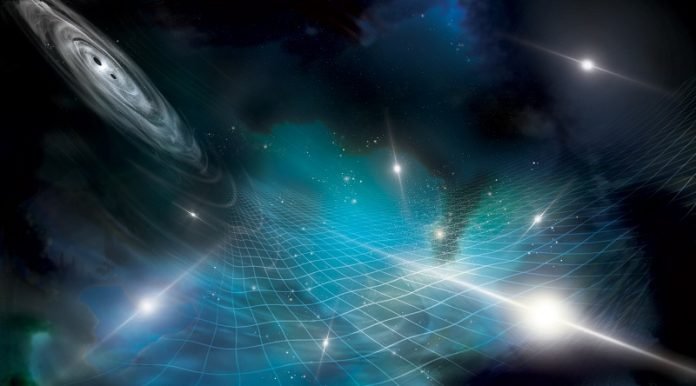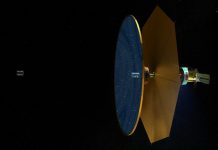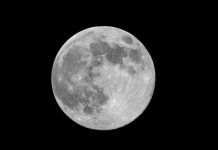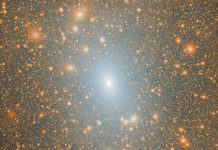
Have you ever thought about the universe as a gigantic orchestra, with galaxies, stars, and black holes creating cosmic music that we cannot hear?
Scientists working with the North American Nanohertz Observatory for Gravitational Waves (NANOGrav) have done just that – they have “listened” to the universe and have, for the first time, “heard” the sound of gravitational waves, powerful ripples in the fabric of space and time.
These waves are like the booming notes of a cosmic symphony and are much stronger than the ones we’ve found before.
Imagine a pair of supermassive black holes – the weightiest and most magnetic objects in the universe – spinning and spiralling towards each other until they collide.
It is believed that these cosmic collisions produce most of the massive gravitational waves.
These waves are like powerful sound waves in the orchestra of the universe, each pair of black holes producing its unique note.
The more massive the black holes, the deeper the note they produce.
NANOGrav’s scientists have been listening to this cosmic orchestra by studying special stars called pulsars. Picture pulsars as incredibly accurate cosmic clocks that emit rhythmic pulses of radio waves.
As a gravitational wave passes between us and a pulsar, it can distort the space and slightly change the rhythm of these pulses.
By studying the timing of these pulses from dozens of pulsars, scientists could detect the effect of gravitational waves.
In 2020, after 12 years of listening to the pulsars, the scientists started hearing a new “hum” in the rhythm – the sound of the gravitational waves.
Now, three years later, they have solid evidence for the existence of these cosmic sound waves.
However, not all the sound in the cosmic symphony comes from black holes.
Other theories suggest that certain cosmic “strings” created in the early universe could emit gravitational waves, as could a bouncing universe that collapsed in on itself before expanding back out. In these theories, the early universe’s gravitational waves are still vibrating through space-time like the lingering sound of a massive gong.
Now that we have heard these cosmic notes, scientists are eager to decode their melody to learn more about our universe.
Multiple observatories around the world have picked up similar sounds and are sharing their findings. Together, they hope to separate the cosmic symphony into its individual notes and learn more about the sources of these fascinating waves.
This discovery is just the opening act of a cosmic concert that will unveil the secrets of the universe in a way we’ve never heard before.
The study was published in Astrophysical Journal Letters.
Source: Simons Foundation.



